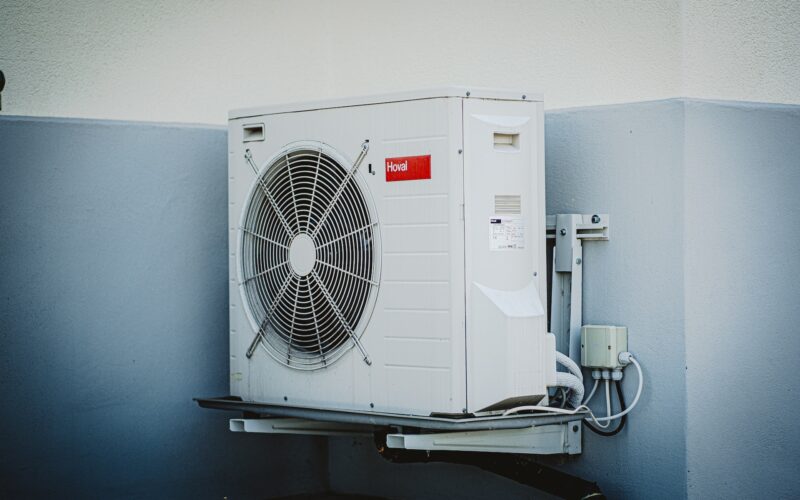When it comes to selecting a new air conditioner for your home or business, the choices can be overwhelming. With so many options available, it’s essential to make an informed decision to ensure your comfort and energy efficiency. In this comprehensive guide, we will walk you through the five most crucial factors to consider when choosing a new air conditioner.
Assessing Your Cooling Needs
Before diving into the world of air conditioners, it’s crucial to assess your cooling needs. Consider the size of your home, the number of rooms that need cooling, and your climate. A professional assessment can help determine the right cooling capacity (measured in BTUs) for your space.
Energy Efficiency Matters
In an era of environmental awareness, energy efficiency is paramount. Look for air conditioners with a high SEER (Seasonal Energy Efficiency Ratio) rating. Higher SEER ratings indicate better energy efficiency, leading to reduced energy bills and a smaller carbon footprint.
Types of Air Conditioners
There are various types of air conditioners to choose from, each with its own set of advantages. These include:
Central Air Conditioning
Central air conditioning is the most common choice for whole-house cooling. It provides consistent temperature control throughout your home and can be highly efficient when properly sized and maintained.
Ductless Mini-Split Systems
Ductless mini-split systems are perfect for homes without ductwork. They offer zoned cooling, allowing you to customize temperatures in different rooms, saving energy and improving comfort.
Window Air Conditioners
Window air conditioners are a cost-effective solution for cooling individual rooms. They are easy to install and suitable for smaller spaces.
Portable Air Conditioners
Portable air conditioners are versatile and can be moved from room to room as needed. They are a good option for renters or those on a budget.
Maintenance and Longevity
To ensure your air conditioner operates optimally and has a long lifespan, regular maintenance is key. Consider units with features like washable filters and easy access to internal components for cleaning.
Noise Levels
The last thing you want is a noisy air conditioner disrupting your peace and quiet. Look for models with lower decibel (dB) ratings for quieter operation.
Conclusion
Selecting the right air conditioner firm like ACE Services for your home or business is a significant decision that requires careful consideration. By assessing your cooling needs, prioritizing energy efficiency, choosing the right type of unit, focusing on maintenance, and considering noise levels, you can make an informed choice that ensures your comfort for years to come.
Unique FAQs
1: How do I determine the right BTU capacity for my home’s air conditioner?
To determine the correct BTU capacity, you should consider the square footage of the space you want to cool. Typically, you’ll need about 20 BTUs per square foot. However, factors like ceiling height and climate can also influence the calculation.
2: Are there any government incentives for choosing energy-efficient air conditioners?
Yes, there are often tax credits and rebates available for purchasing energy-efficient air conditioners. Check with your local utility company or visit the Energy Star website for more information.
3: What is the average lifespan of an air conditioner?
The average lifespan of an air conditioner is around 15 to 20 years. However, regular maintenance and proper care can extend its longevity.
4: Can I install a window air conditioner myself, or should I hire a professional?
While some window air conditioners can be installed by homeowners, it’s recommended to consult a professional for the best results, especially if you’re unsure about the installation process.
5: How can I reduce the noise of my air conditioner?
To reduce the noise of your air conditioner, ensure it’s installed correctly and on a stable surface. You can also consider placing sound-absorbing materials around the unit and scheduling regular maintenance to keep it running quietly.



